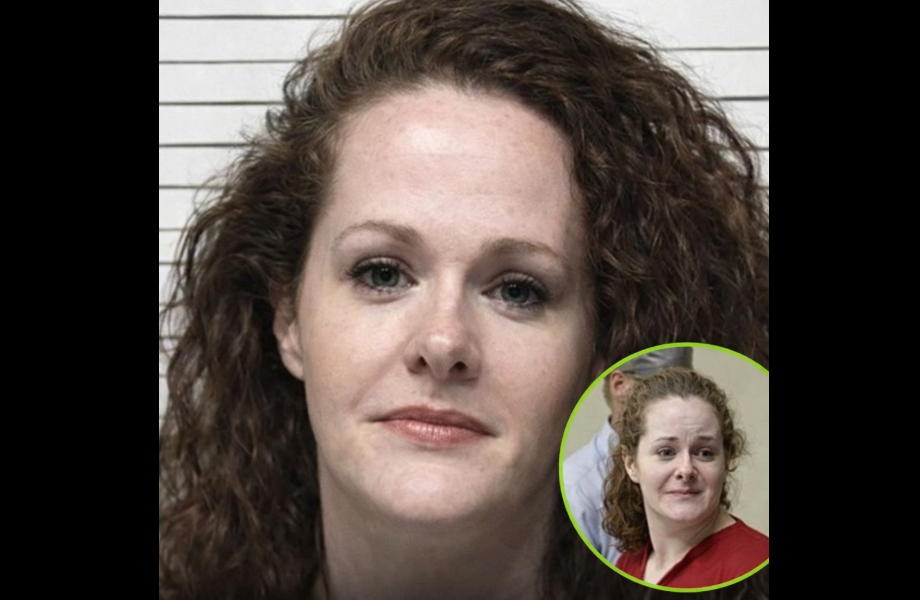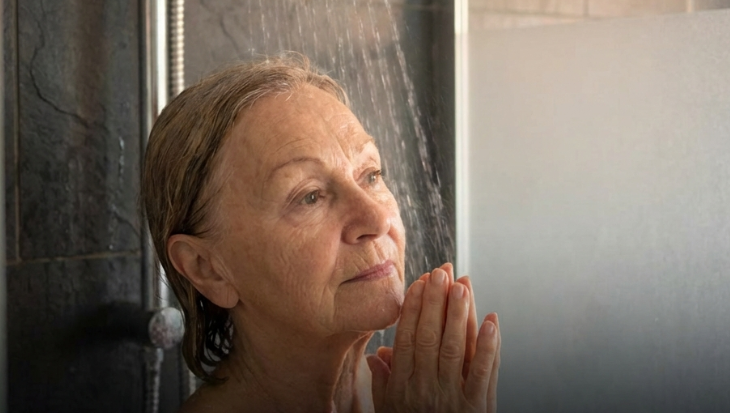When tragedy struck and my parents passed away, my world transformed in an instant. At the age of 28, I stepped into the role of legal guardian for my 14-year-old brother, Liam. Together, we navigated the waves of sorrow and uncertainty, forging a new family dynamic from the remnants of our loss. Two years on, Liam flourished—balancing a part-time job, excelling in his studies, and contributing to our household in countless ways. My pride in him grew daily, and our connection became a steadfast anchor.
Then, Melissa entered my life. She appeared to embody everything I sought in a partner—intelligent, compassionate, and empathetic, or so I believed. When I proposed she move in, I emphasized that Liam was an integral part of our home. Though she paused briefly, she accepted, but with an odd stipulation: she would not contribute financially. Eager for harmony, I overlooked the warning signs, hoping for a bright future together.
On the day she moved in, I left briefly to gather ingredients for a celebratory dinner. Upon my return, I was met with a heart-wrenching sight—Liam’s possessions, from his clothes to his books and backpack, were strewn across the porch. Melissa stood there, eerily composed, declaring that Liam needed to “stop relying on us.” My heart ached as I saw the pain and confusion in Liam’s eyes. To her, he was not family but a burden.
That moment marked the end. I instructed Melissa to gather her belongings and leave our home. There would be no compromises. Anyone who failed to embrace my brother had no place in our lives. That day clarified the qualities I seek in a partner and reaffirmed my priorities. Liam and I remain an unbreakable team, our bond stronger than ever.






